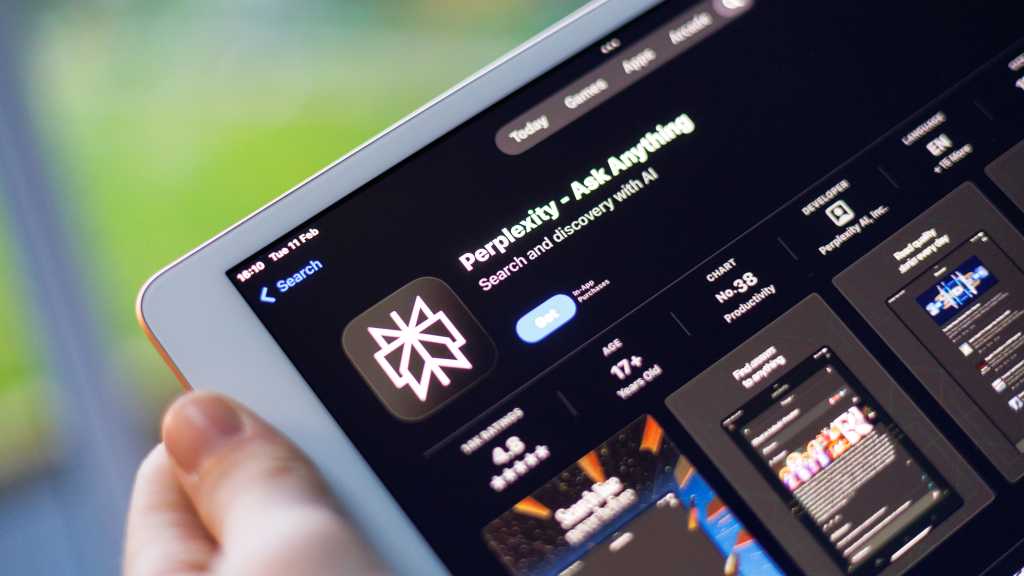A public war of words has erupted between cloud infrastructure leader Cloudflare and AI search company Perplexity, with both sides making serious allegations about each other’s technical competence in a dispute that industry analysts say exposes fundamental flaws in how enterprises protect content from AI data collection.
The controversy began when Cloudflare published a scathing technical report accusing Perplexity of “stealth crawling” — using disguised web browsers to sneak past website blocks and scrape content that site owners explicitly wanted to keep away from AI training. Perplexity quickly fired back, accusing Cloudflare of creating a “publicity stunt” by misattributing millions of web requests from unrelated services to boost its own marketing efforts.
Industry experts warn that the heated exchange reveals that current bot detection tools are failing to distinguish between legitimate AI services and problematic crawlers, leaving enterprises without reliable protection strategies.
Cloudflare’s technical allegations
Cloudflare’s investigation started after customers complained that Perplexity was still accessing their content despite blocking its known crawlers through robots.txt files and firewall rules. To test this, Cloudflare created brand-new domains, blocked all AI crawlers, and then asked Perplexity questions about those sites.
“We discovered Perplexity was still providing detailed information regarding the exact content hosted on each of these restricted domains,” Cloudflare reported in a blog post. “This response was unexpected, as we had taken all necessary precautions to prevent this data from being retrievable by their crawlers.”
The company found that when Perplexity’s declared crawler was blocked, it allegedly switched to a generic browser user agent designed to look like Chrome on macOS. This alleged stealth crawler generated 3-6 million daily requests across tens of thousands of websites, while Perplexity’s declared crawler handled 20-25 million daily requests.
Cloudflare emphasized that this behavior violated basic web principles: “The Internet as we have known it for the past three decades is rapidly changing, but one thing remains constant: it is built on trust. There are clear preferences that crawlers should be transparent, serve a clear purpose, perform a specific activity, and, most importantly, follow website directives and preferences.”
By contrast, when Cloudflare tested OpenAI’s ChatGPT with the same blocked domains, “we found that ChatGPT-User fetched the robots file and stopped crawling when it was disallowed. We did not observe follow-up crawls from any other user agents or third-party bots.”
Perplexity’s ‘publicity stunt’ accusation
Perplexity wasn’t having any of it. In a LinkedIn post that pulled no punches, the company accused Cloudflare of deliberately targeting its own customer for marketing advantage.
The AI company suggested two possible explanations for Cloudflare’s report: “Cloudflare needed a clever publicity moment and we – their own customer – happened to be a useful name to get them one” or “Cloudflare fundamentally misattributed 3-6M daily requests from BrowserBase’s automated browser service to Perplexity.”
Perplexity claimed the disputed traffic actually came from BrowserBase, a third-party cloud browser service that Perplexity uses sparingly, accounting for fewer than 45,000 of their daily requests versus the 3-6 million Cloudflare attributed to stealth crawling.
“Cloudflare fundamentally misattributed 3-6M daily requests from BrowserBase’s automated browser service to Perplexity, a basic traffic analysis failure that’s particularly embarrassing for a company whose core business is understanding and categorizing web traffic,” Perplexity shot back.
The company also argued that Cloudflare misunderstands how modern AI assistants work: “When you ask Perplexity a question that requires current information — say, ‘What are the latest reviews for that new restaurant?’ — the AI doesn’t already have that information sitting in a database somewhere. Instead, it goes to the relevant websites, reads the content, and brings back a summary tailored to your specific question.”
Perplexity took direct aim at Cloudflare’s competence: “If you can’t tell a helpful digital assistant from a malicious scraper, then you probably shouldn’t be making decisions about what constitutes legitimate web traffic.”
Expert analysis reveals deeper problems
Industry analysts say the dispute exposes broader vulnerabilities in enterprise content protection strategies that go beyond this single controversy.
“Some bot detection tools exhibit significant reliability issues, including high false positives and susceptibility to evasion tactics, as evidenced by inconsistent performance in distinguishing legitimate AI services from malicious crawlers,” said Charlie Dai, VP and principal analyst at Forrester.
Sanchit Vir Gogia, chief analyst and CEO at Greyhound Research, argued that the dispute “signals an urgent inflection point for enterprise security teams: traditional bot detection tools — built for static web crawlers and volumetric automation — are no longer equipped to handle the subtlety of AI-powered agents operating on behalf of users.”
The technical challenge is nuanced, Gogia explained, “While advanced AI assistants often fetch content in real-time for a user’s query — without storing or training on that data — they do so using automation frameworks like Puppeteer or Playwright that bear a striking resemblance to scraping tools. This leaves bot detection systems guessing between help and harm.”
The path to new standards
This fight isn’t just about technical details — it’s about establishing rules for AI-web interaction. Perplexity warned of broader consequences: “The result is a two-tiered internet where your access depends not on your needs, but on whether your chosen tools have been blessed by infrastructure controllers.”
Industry frameworks are emerging, but slowly. “Mature standards are unlikely before 2026. Enterprises might still have to rely on custom contracts, robots.txt, and evolving legal precedents in the interim,” Dai noted. Meanwhile, some companies are developing solutions: OpenAI is piloting identity verification through Web Bot Auth, allowing websites to cryptographically confirm agent requests.
Gogia warned of broader implications: “The risk is a balkanised web, where only vendors deemed compliant by major infrastructure providers are allowed access, thus favouring incumbents and freezing out open innovation.”
